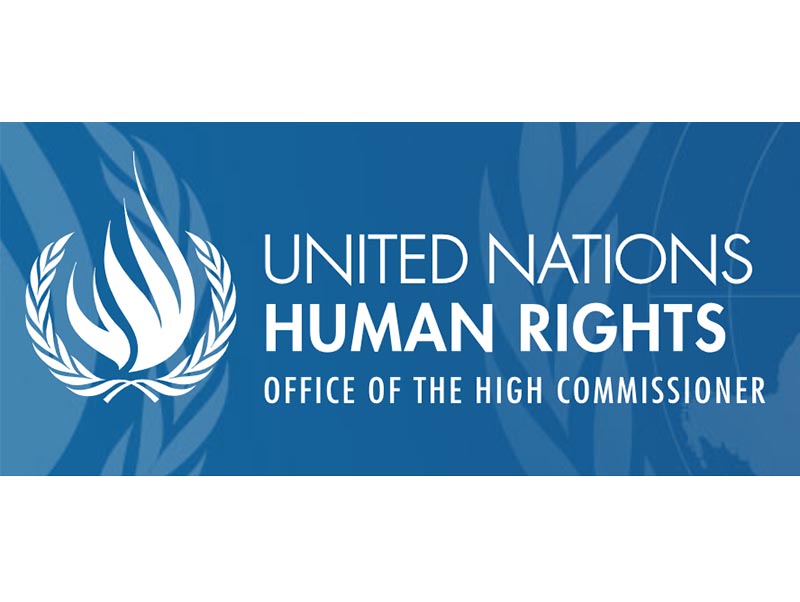UN body lauds Supreme Court’s ruling
Kathmandu, May 1
The United Nations High Commissioner for Human Rights has said the Supreme Court of Nepal’s decision to stand by its ruling against amnesties for serious human rights violations committed during the decade-long armed conflict will provide an opportunity to revitalise the country’s long-stalled transitional justice process in line with international norms and its international commitments.
In a press briefing on Nepal, Spokesperson for the Geneva-based UN High Commissioner for Human Rights, Rupert Colville said the SC’s decision reconfirmed that the only way for the government to credibly proceed with the transitional justice process was to abide by the key human rights and transitional justice principles reflected in the apex court’s 2015 ruling, including the centrality of victims and the importance of accountability for serious violations.
“Victims’ advocacy groups and civil society members have welcomed the court’s decision, and so do we,” he said. “We call on the Government of Nepal to take the SC’s decision as an opportunity to change course and pursue a truly fair and transparent transitional process that will win the trust of key stakeholders. The process must be truly consultative, with the rights and interests of victims firmly at the centre. The transitional justice legal framework must be amended to meet the principles established by the SC in its 2014 and 2015 rulings and Nepal’s commitments under international law.”
“The UN Human Rights Office and Special Procedures have regularly engaged with the government and made practical recommendations to that effect.”
A version of this article appears in e-paper on May 2, 2020, of The Himalayan Times.






